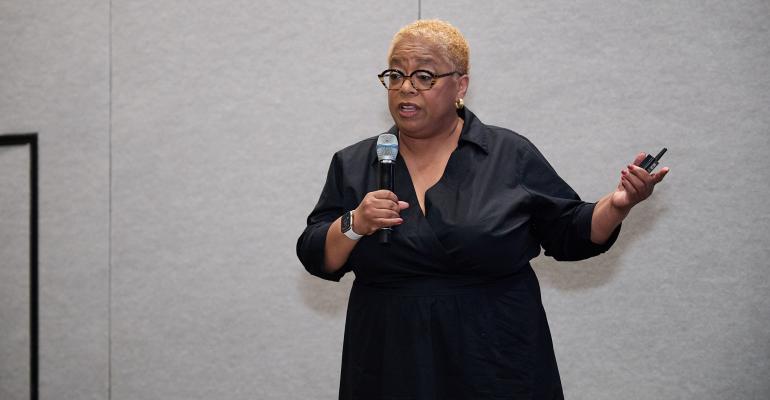Event pros have been revisiting the conversation about crisis management since COVID-19, but devastating wildfires in Lahaina, Maui ramped up the conversation this year. Discussion has centered around revisiting force majeure clauses and making them more protective of event pros.
In an interview with MeetingsNet, Joshua Grimes, Esq., president of Philadelphia-based Grimes Law Offices, LLC suggested that “planners not simply accept the typical force-majeure clause found in hotel contracts” and instead “include in the event contract ‘a clause that would allow either party to make a more-informed decision about whether it could perform’ in the wake of a natural disaster.”
In her session What to Do When ‘Stuff’ Hits the Fan at Catersource + The Special Event 2023, Kawania Wooten (Howerton+Wooten Events, The Enlightened Creative) talked about the Duty of Care, which she defines as “a legal and moral duty that events are made as safe as possible for everyone involved.” The session outlined several efforts event pros can take to prepare for crises, such as having an attorney-created, solid contract and knowing your crisis management team beforehand. “In the event world, the biggest mistake you can make is an assumption.” Wooten also differentiated between risks, emergencies, crises, and disasters and the different ways to handle each level of event interruption.
An article from Forbes notes that “over the past five years, the U.S. has experienced an average of 18 billion-dollar natural disasters per year.” As we head into 2024, expect to see continued education on the topic of improving emergency preparedness in the event industry.
Kawania's Tips:
- Have solid contracts (created by an attorney) in place
- Have an emergency plan in place (check it every year)
- Know your crisis management team beforehand (who is responsible for what?)
- Know your communication strategy in advance; then share it in advance
- Know who is going to be at your event beforehand. Hire security (if needed)
- Protect your stuff
"In the event world, the biggest mistake you can make is an assumption." Wooten reminds us that event planners are liable for what is not thought out.
She distinguishes the differences between risks, emergencies, crises, and disasters:
- Risk: a situation involving exposure to danger
- Risk or threat response strategies:
- Accept it
- Mitigate it
- Transfer it
- Avoid it
- Have a risk management plan in place
- Work with security personnel in advance
- Risk or threat response strategies:
- Emergency: a serious, unexpected, and often dangerous situation requiring immediate action
- E.g., medical emergencies, burglaries, power outages
- Crisis: a time of intense difficulty, trouble, or danger
- E.g., workplace violence, the dot com bust or real estate crisis, rumors
- Be proactive with emergency plan
- If needed, hire security and EMTs
- If needed, use a buddy system
- Identify a spokesperson to make an official statement
- Disaster: a sudden event that causes great damage or loss of life
- E.g., major earthquake, flooding, wildfires, hurricanes; shooting or terrorist attack; plane crash or trail derailment; pandemic
- Be proactive
- Get trained (active shooter training, CPR, what to do in case of natural disaster)
- Have a communication strategy
Who and what to protect
- People (your team, attendees/guests, vendors)
- Property (specifically yours)
- Information (privacy and data)
- Your money
- Your image/reputation and your client's image/reputation
Finally, be aware of what Wooten calls the Duty of Care: the "legal and moral duty that events are made as safe as possible for everyone involved."
This article is part of a series where we take an in-depth look at the state of the event industry.
View Part 1
View Part 2
View Part 3
View Part 4
View Part 5





